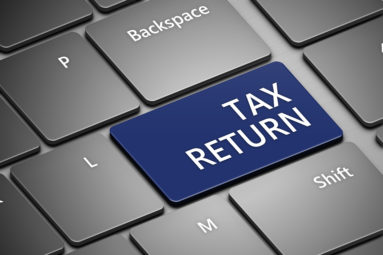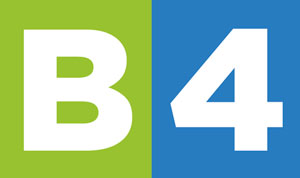
Tax relief for working from home
If you are an employee working from home, you may be able to claim tax relief for some of the bills you pay that are related to your work.
Employers can reimburse employees for the additional household expenses incurred through regularly working at home.
The relief covers expenses such as business telephone calls or heating and lighting costs for the room you are working in. Expenses that are for private and business use (such as broadband) cannot be claimed. Employees may also be able to claim tax relief on equipment they have bought, such as a laptop, chair or mobile phone.
Employers can pay up to £6 per week (or £26 a month for employees paid monthly) to cover an employee’s additional costs if they have to work from home. Employees do not need to keep any specific records if they receive this fixed amount.
If the expenses or allowances are not paid by the employer, then employees can claim tax relief directly from HMRC. Employees will get tax relief based on their highest tax rate. For example, if they pay the 20% basic rate of tax and claim tax relief on £6 a week, they will get £1.20 per week in tax relief (20% of £6). Employees can claim more than the quoted amount but will need to provide evidence to HMRC. HMRC will accept backdated claims for up to 4 years.
These tax reliefs are available to anyone who has been asked to work from home on a regular basis, either for all or part of the week including working from home because of coronavirus.
More in Accountants

Why having an audit can boost your business
Many directors will wince at the prospect of an audit, seeing it as a necessary evil to meet statutory obligations.

FRC Proposes Major Overhaul of Auditing Standards
In a bold move, the Financial Reporting Council (FRC) has unveiled proposed changes to auditing standards that could have a major impact on the financial world, according to chartered accountants and business advisors Whitley Stimpson.

Whitley Stimpson shines as finalist for top national award
Service Charge Accountancy specialist Jonathan Walton of Whitley Stimpson has been recognised for his outstanding work in the field by being shortlisted for a prestigious property industry award.
From this author

Overview of Digital Services Tax (DST)
The UK’s Digital Services Tax (DST) came into operation on 1 April 2020. This tax is designed to ensure that the major social media, search engine and online retailers are subject to a 2% tax on revenues generated from the participation of UK users of their services.

HMRC agree delay in tax return deadline
HMRC has announced that late filing penalties will be waived for taxpayers that file their 2020-21 Self-Assessment returns by 28 February 2022.

Are you registered for Making Tax Digital for VAT?
Making Tax Digital (MTD) for VAT is to be extended to cover businesses with a turnover below the VAT threshold from April 2022.


